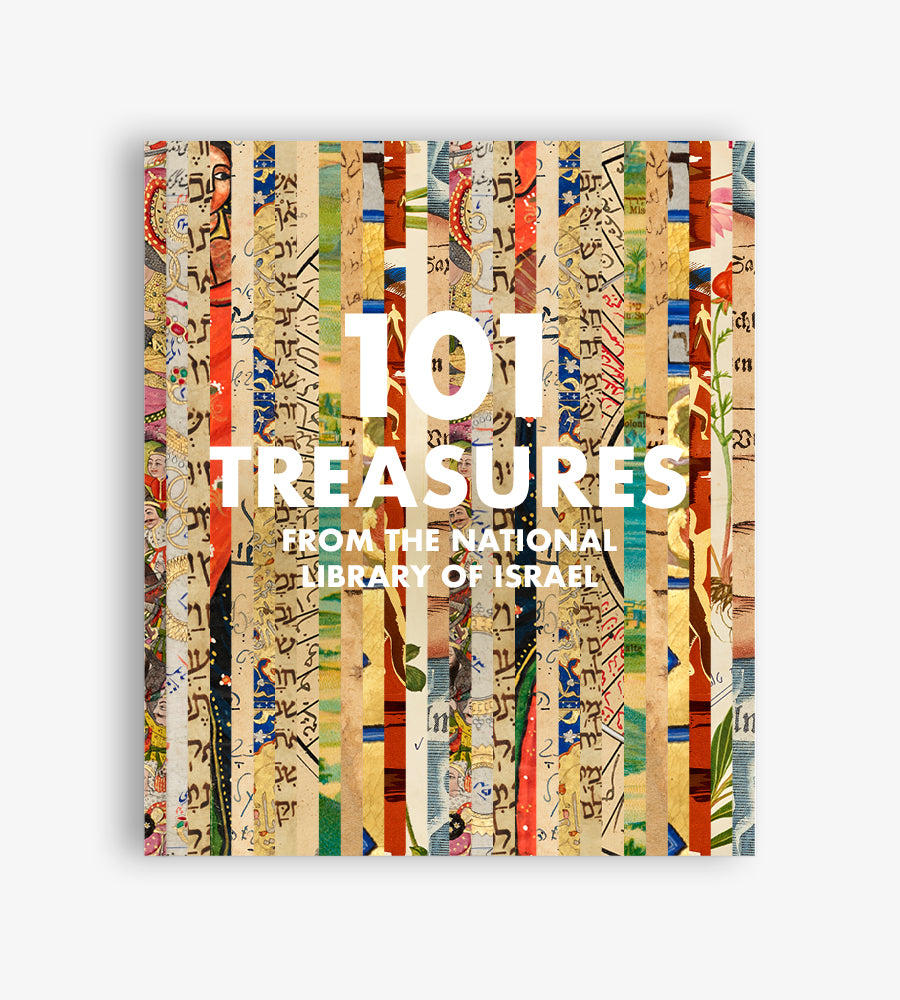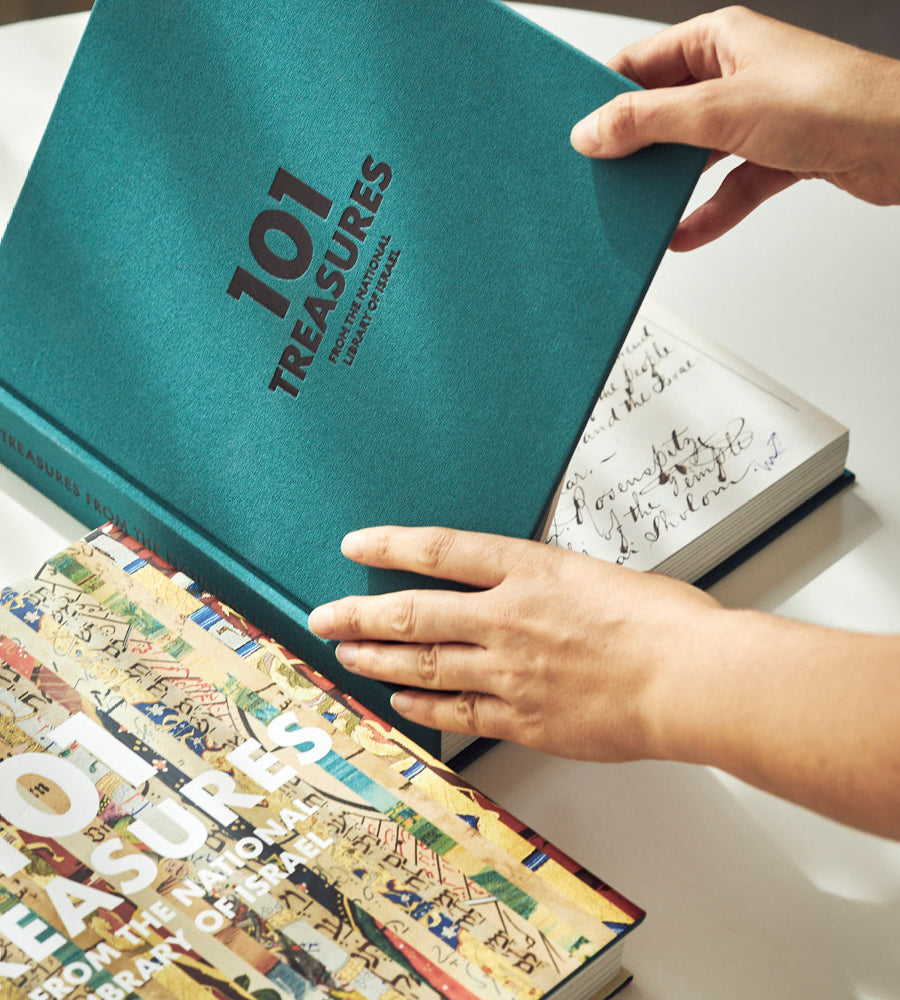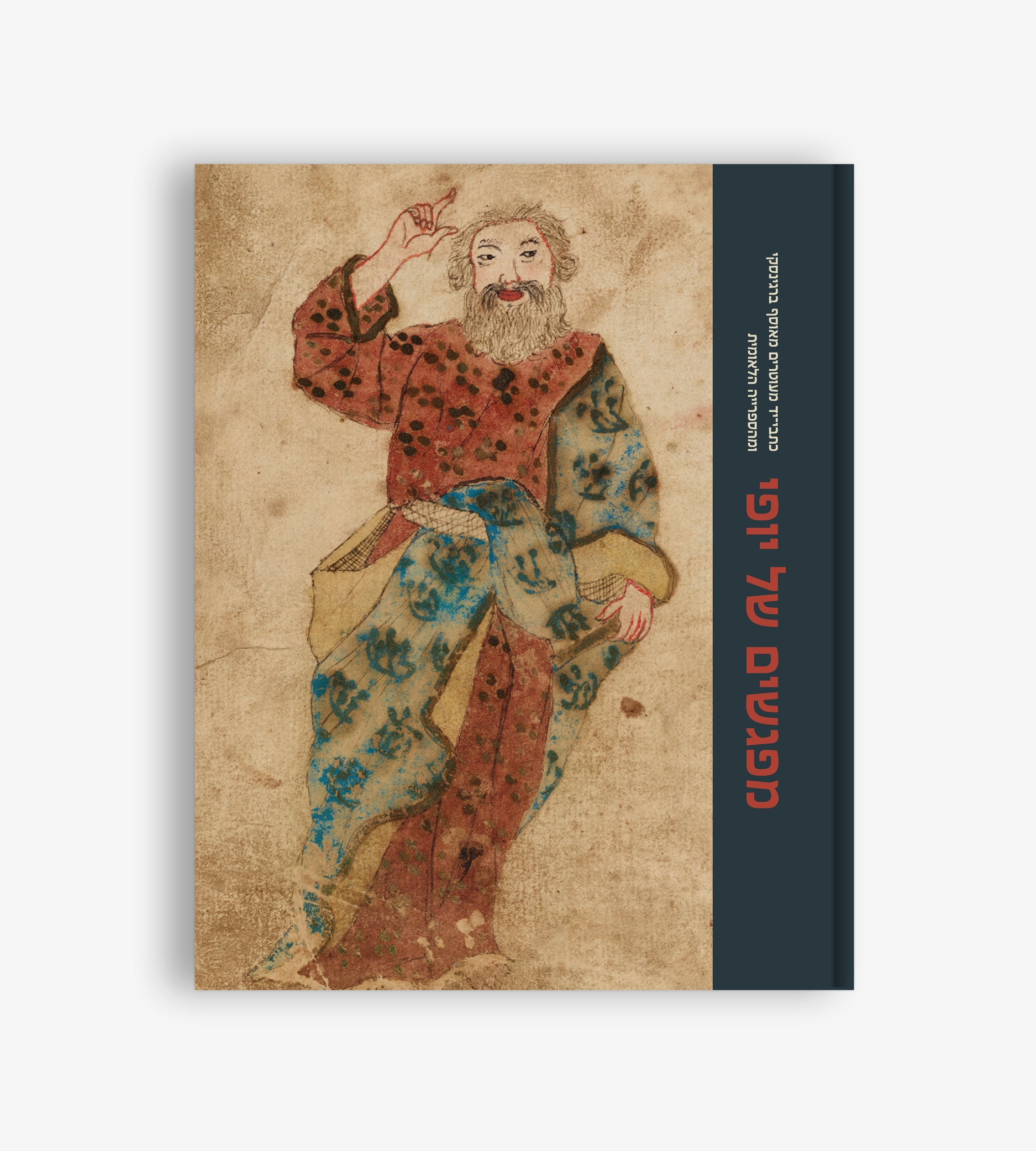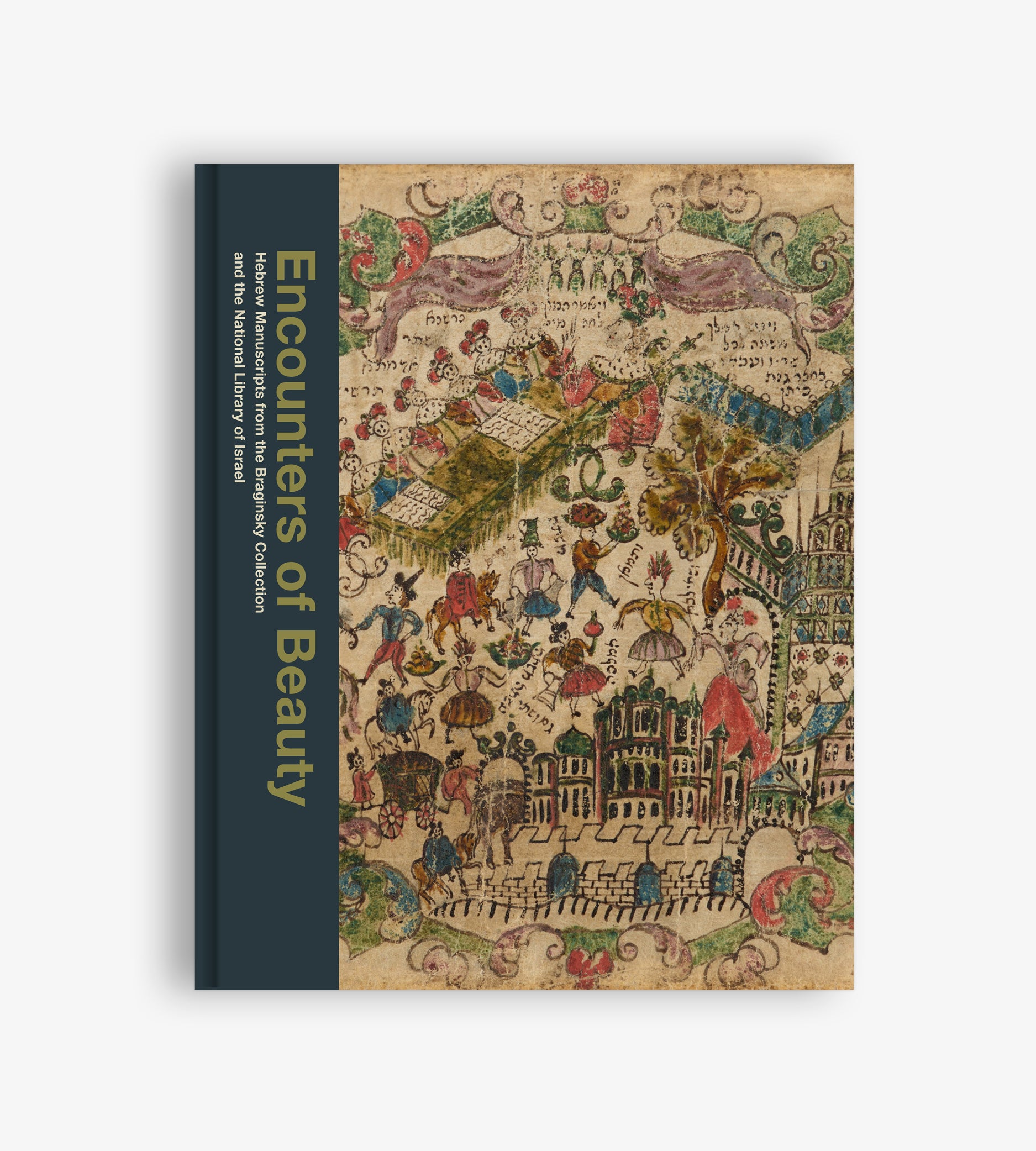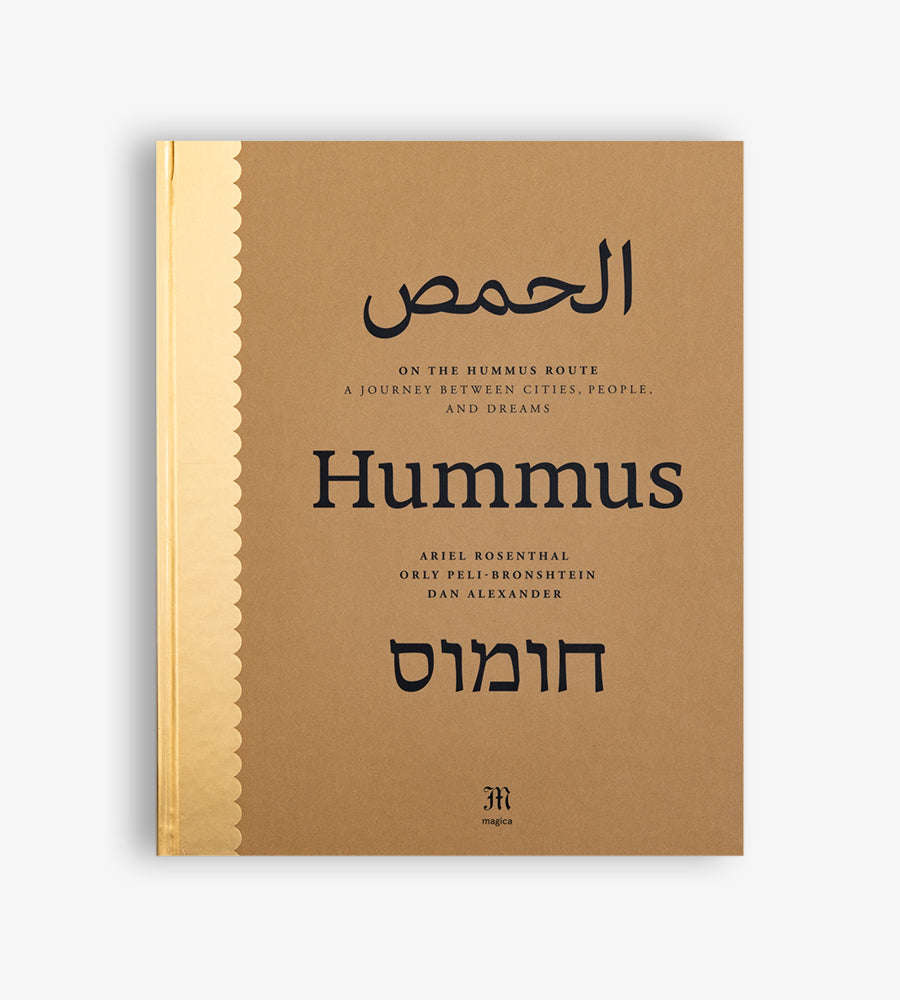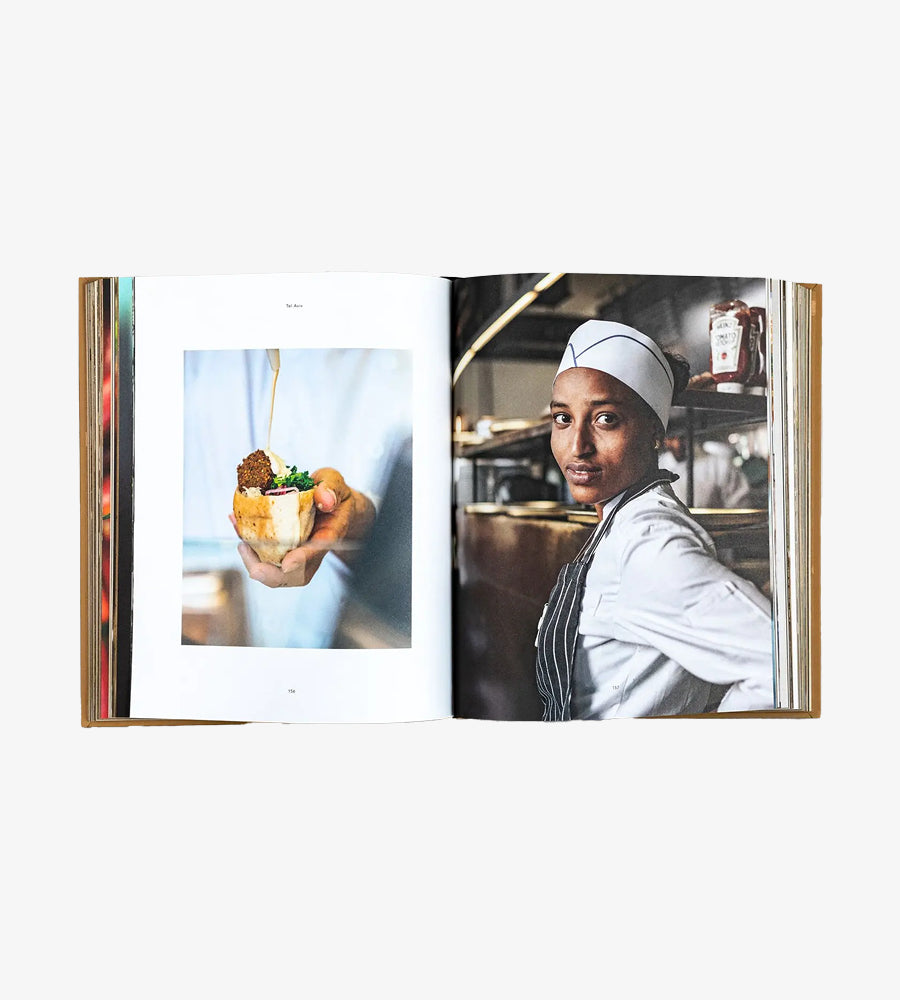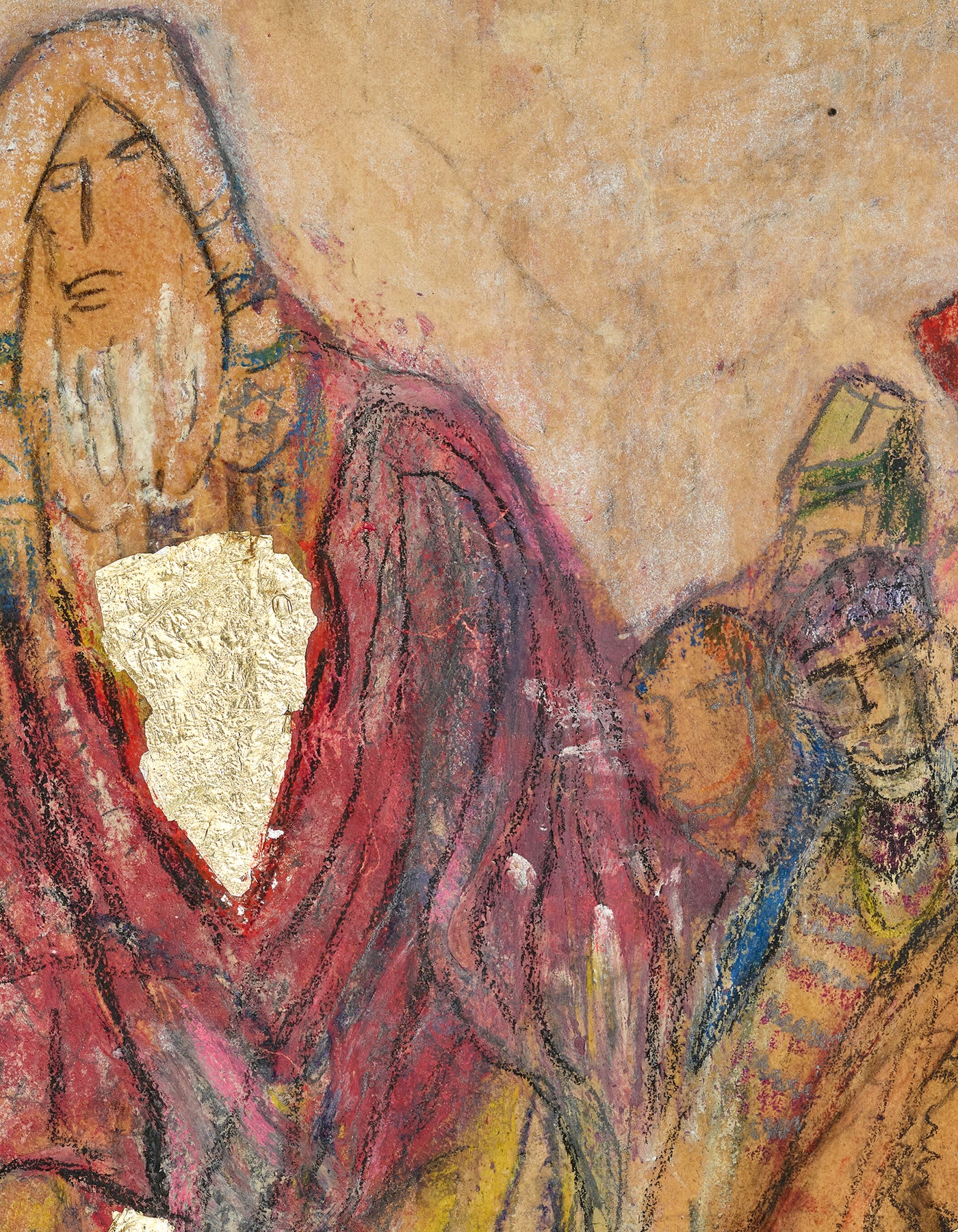
A Bohemian in Exile
Stefan Litt

In January 1945, an elderly woman died in Jerusalem’s Hadassah Hospital on Mount Scopus. This woman, who spoke almost no Hebrew or English, bore little comparison to the Berlin bohemian that Else Lasker-Schüler (1869–1945), the so-called Queen of Literary Expressionism, had been twenty or thirty years earlier.
Poet, author, playwright, and artist, Lasker-Schüler was, at the turn of the twentieth century, one of the most prominent creative minds of the German-speaking world. Her personal and creative spheres, comprising a stormy life, flights of fantasy, personal tragedies, and great artistic achievements, merged in a myriad of ways during her decades of activity in her homeland, Germany. With the rise of the Nazis, she fled to Switzerland, becoming a penniless refugee struggling to survive in exile. Having twice visited Palestine, her third visit in summer 1939 became an extended stay that lasted until her death six years later.
Else Lasker-Schüler’s personal archive reveals the diversity of her work, her relationships with important cultural figures, and the dynamic movement of her ideas and creations between East and West. In addition to the many manuscripts, documents, and letters, the collection also contains several of her colorful drawings. Some of the items were found in her sparsely furnished room in Jerusalem, while others were donated by friends who had kept her letters or drawings over the years. Both these and her prewar publications were rediscovered in the 1950s and helped restore her rightful place among the greatest German poets of the twentieth century.


